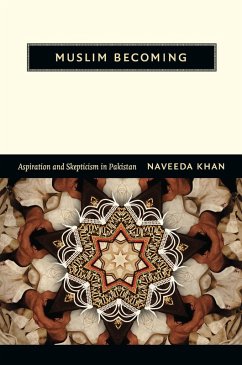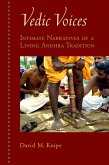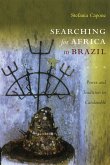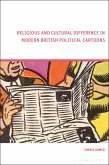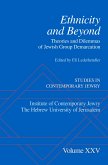In Muslim Becoming, Naveeda Khan challenges the claim that Pakistan's relation to Islam is fragmented and problematic. Offering a radically different interpretation, Khan contends that Pakistan inherited an aspirational, always-becoming Islam, one with an open future and a tendency toward experimentation. For the individual, this aspirational tendency manifests in a continual striving to be a better Muslim. It is grounded in the thought of Muhammad Iqbal (1877-1938), the poet, philosopher, and politician considered the spiritual founder of Pakistan. Khan finds that Iqbal provided the philosophical basis for recasting Islam as an open religion with possible futures as yet unrealized, which he did in part through his engagement with the French philosopher Henri Bergson. Drawing on ethnographic research in the neighborhoods and mosques of Lahore and on readings of theological polemics, legal history, and Urdu literature, Khan points to striving throughout Pakistani society: in prayers and theological debates and in the building of mosques, readings of the Qur'an, and the undertaking of religious pilgrimages. At the same time, she emphasizes the streak of skepticism toward the practices of others that accompanies aspiration. She asks us to consider what is involved in affirming aspiration while acknowledging its capacity for violence.
Dieser Download kann aus rechtlichen Gründen nur mit Rechnungsadresse in A, B, BG, CY, CZ, D, DK, EW, E, FIN, F, GR, HR, H, IRL, I, LT, L, LR, M, NL, PL, P, R, S, SLO, SK ausgeliefert werden.

